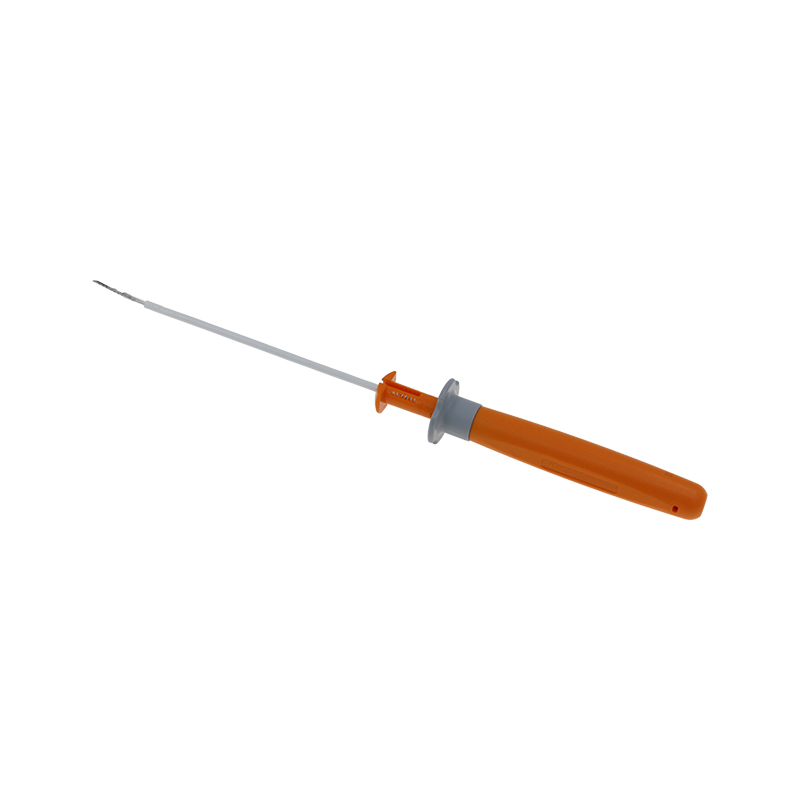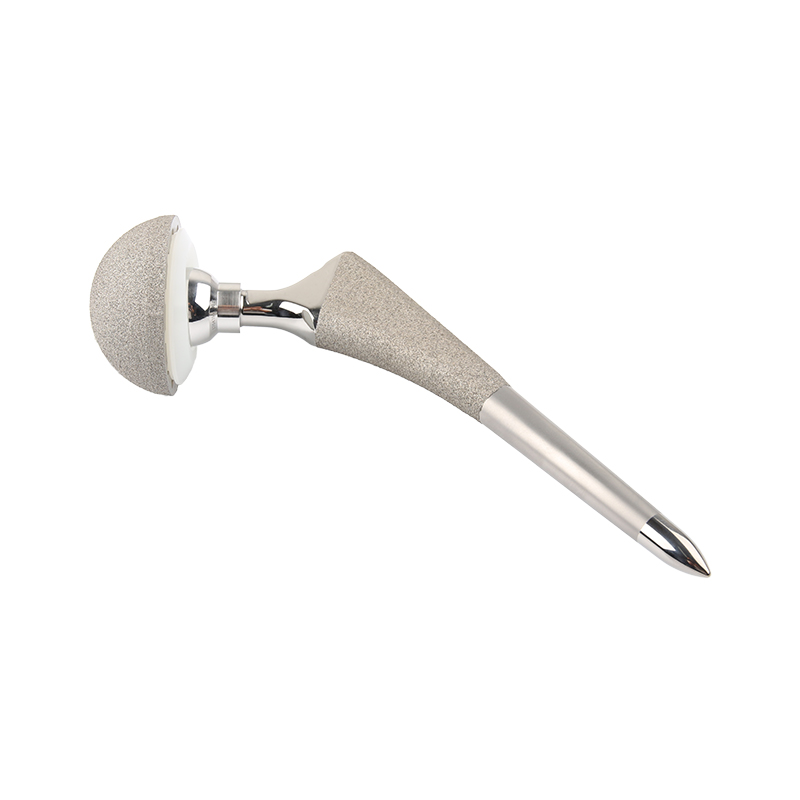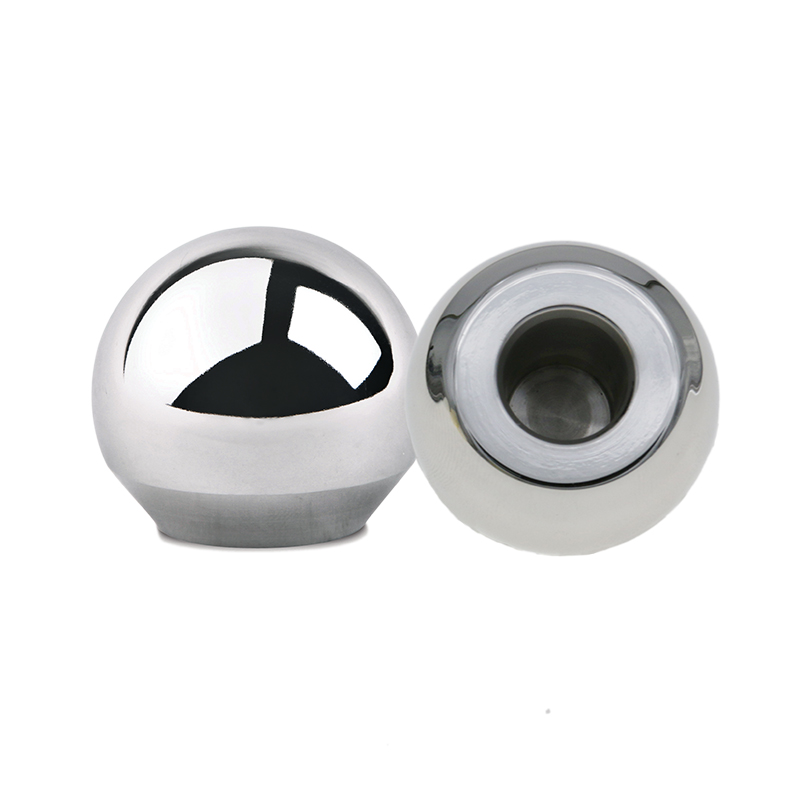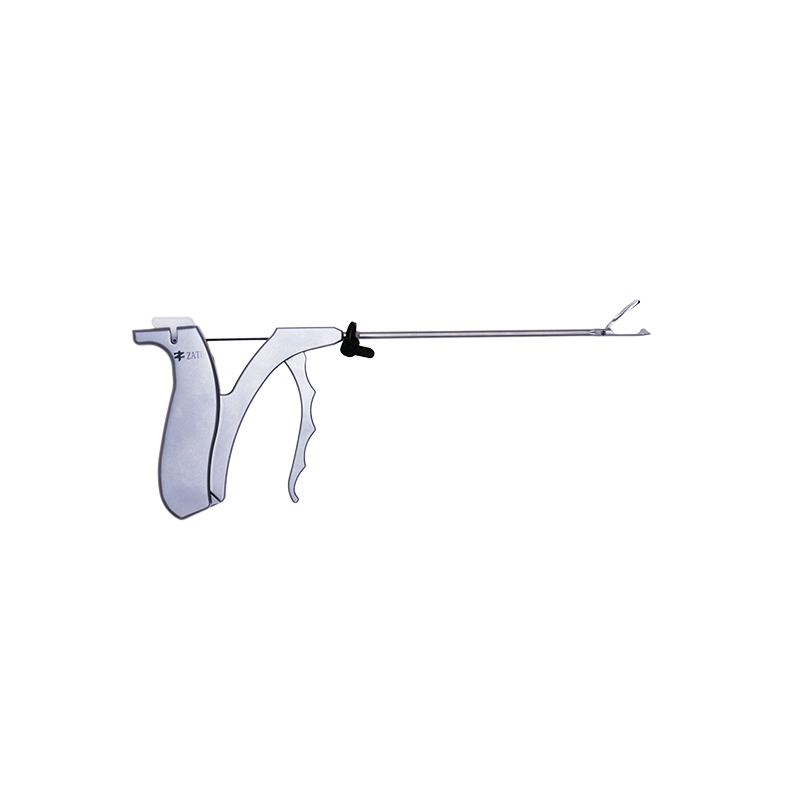Orthopedic Fast All Inside Meniscal Repair Device System
Product Description


The All-inside Meniscal Repair Device is indicated for the repair of meniscal tears in the knee joint. It is designed to be used in patients who have experienced a tear in the meniscus, a C-shaped piece of cartilage that helps cushion and stabilize the knee joint. This device can be used for both medial (inner) and lateral (outer) meniscal tears. It is typically used in cases where the meniscus is torn in a way that it is still possible to repair it, rather than removing the damaged portion of the meniscus. However, the specific indications for the use of this device may depend on the surgeon's clinical judgment and the individual patient's condition. It is important to consult with a healthcare professional for a thorough evaluation and recommendation regarding the use of the All-inside Meniscal Repair Device in a specific case.
While I am an AI language model and not a medical professional, I can provide some general information about potential contraindications for the All-inside Meniscal Repair Device. However, it is crucial to consult with a qualified healthcare professional for accurate and personalized information.Some potential contraindications for the All-inside Meniscal Repair Device may include:Irreparable meniscal tears: The device may not be suitable for cases where the meniscus cannot be adequately repaired due to extensive damage or poor tissue quality.Inadequate tissue access: If the surgeon cannot gain sufficient access to the torn meniscus, it may not be possible to perform the repair using this device.Knee instability: Cases where the knee joint is severely unstable or has significant ligamentous damage may not be appropriate for meniscal repair alone using this device. Additional treatments may be needed in such cases.Infection or local inflammation: Active infection or inflammation in the knee joint may be a contraindication for using the All-inside Meniscal Repair Device. These conditions may need to be resolved before surgical intervention can be considered.Poor general health or unfit for surgery: Patients with certain medical conditions, such as compromised immune systems or severe co-morbidities, may not be suitable candidates for surgery using this device.It is essential to consult with a qualified orthopedic surgeon who can perform a thorough evaluation of your specific case and provide personalized advice based on your individual circumstances.












